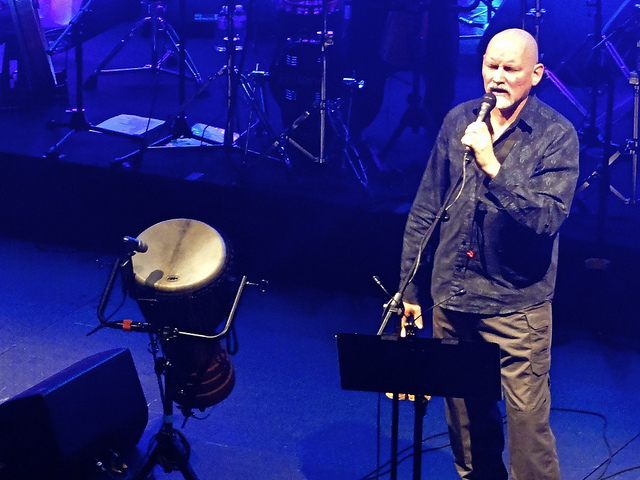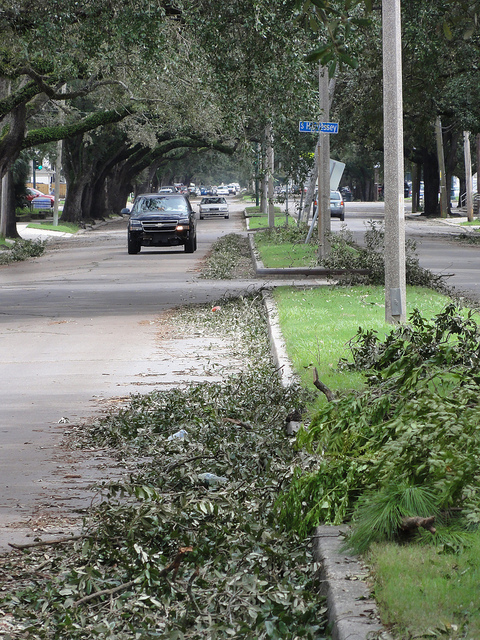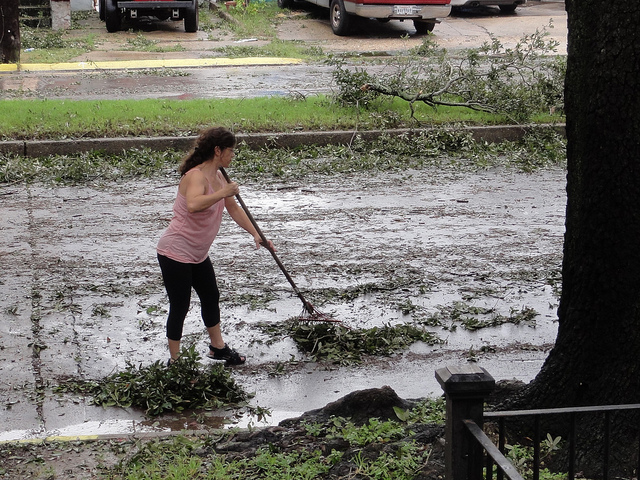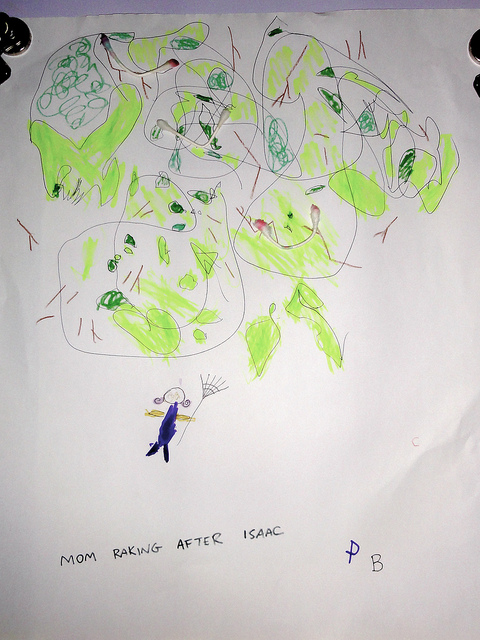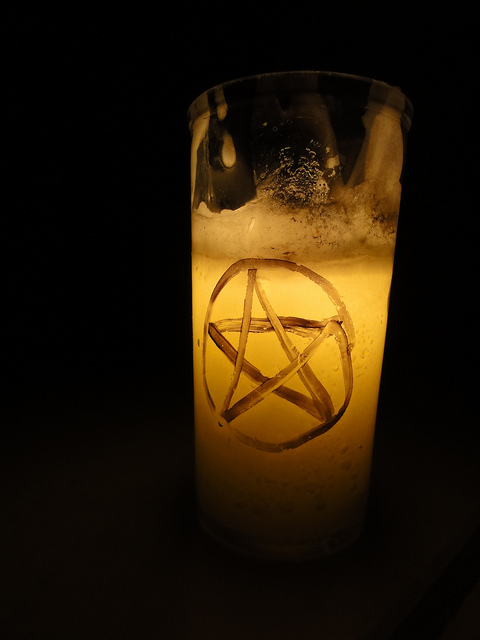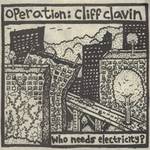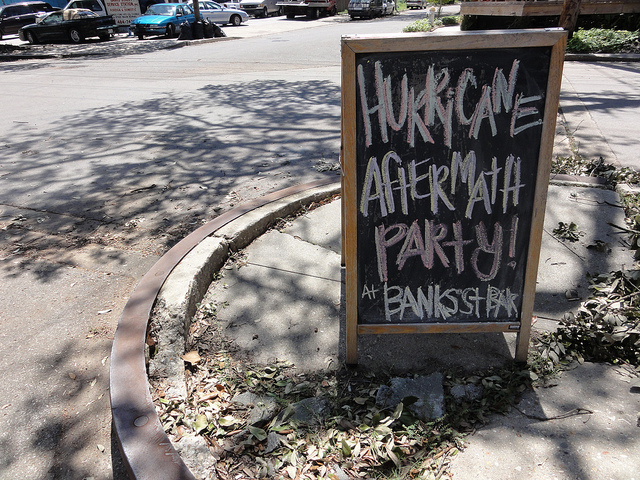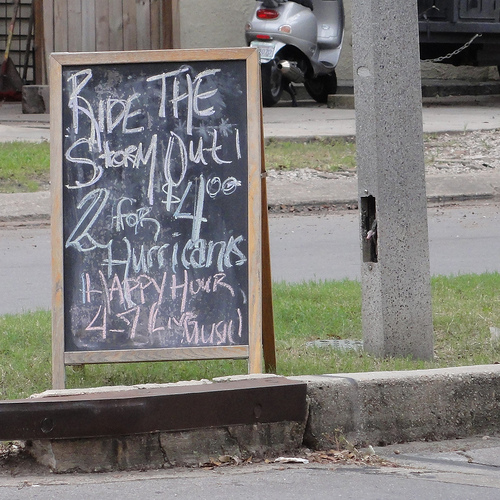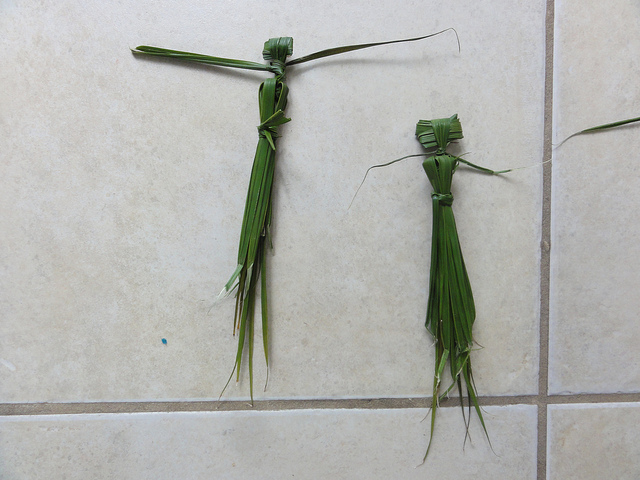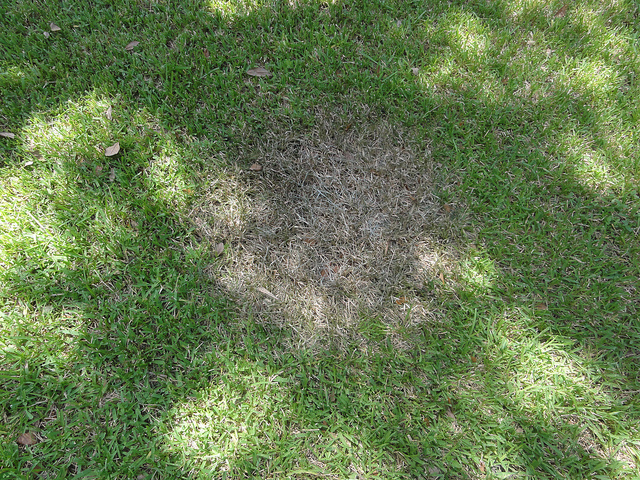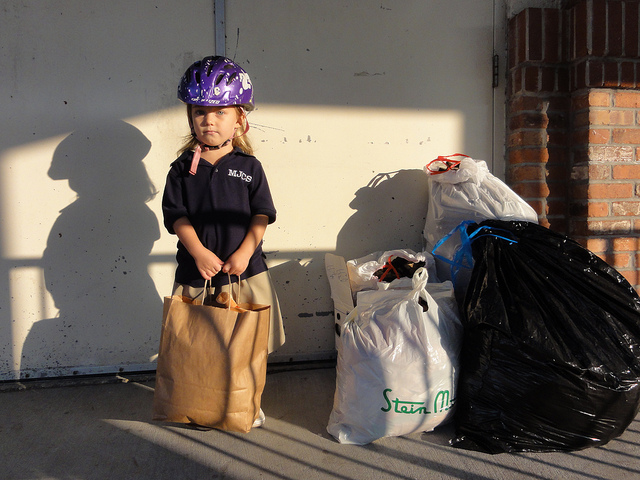Step into the Dark
September 26th, 2012 by Editor BA year ago I set myself a project, an experiment, a journey, a spiritual quest. I wanted to discover, uncover, delineate and define my religion. I wanted to deepen, strengthen, and integrate everything in my life. I wanted to live with greater intention.
And I wanted it all to happen on a one-year schedule. It sounds pretty silly when I put it like that. But sometimes we need silly conceits to prop up our most serious ambitions.
So anyhow, the year has gone round again. Here we are back at the equinox. The planet keeps revolving around the sun. Our journey is not finished. Not yet.
For me, it’s been a year of baking bread and meditating and writing.
With my family, I celebrated all the seasonal holidays or sabbats known as the Wheel of the Year.
- The Autumnal Equinox
- The Day of the Dead & Hallowe’en & Samhain, etc.
- The Winter Solstice
- Candlemas
- The Vernal Equinox
- May Day
- The Summer Solstice
- Lammas
- And here we are again
I’ve just read back through what I posted here since the last autumnal equinox. I aimed to post with less frequency but greater depth. And I did that, at least for a while. For the first six months, anyhow. I probably would have done better to break some of those massive posts down into sections and post them in serial fashion. But whatever.
It might seem I lost focus over the summer months. I did indeed get distracted by our travels, and the ROX party, and Persephone’s new school, and Isaac. I wrote about those things, but didn’t explicitly integrate them into the narrative of my quest. It would have required a little more effort to make those connections, and I didn’t make that effort. I got lazy.
But there’s more to it. A key piece of the puzzle, for me, was the question of theology. I published an essay on how my thoughts were evolving, but that was extremely tentative and exploratory. I continued to think and work on that over the summer, but I didn’t write about it. The time did not seem ripe, and my thoughts were far from clear.
Finally, a couple weeks ago, things crystallized somewhat. It was not a soul-shattering epiphany. It was more like a few ideas quietly clicking into place. Yet the ramifications are profound, at least on a personal level. I’m now prepared to make a basic statement of belief and identity.
While I’d like to articulate those thoughts, I’m not sure this site is the best venue. I’ve poured my heart out here for the last eight and half years. I think it’s time for a break. I suspect that if I stop writing here, I will be able to funnel that energy into writing something else, somewhere else, and I have some vague ideas about that. I think I’d like to write fiction for a while.
Every year is divided into a light half and a dark half. From now until the vernal equinox, the nights will be longer than the days. Right now we are losing one minute and 47 seconds of light each day. Over the last twelve months, I found I enjoyed the light half of the year more, but that the dark half was more productive. That dark half begins again now, with the autumnal equinox. Glenys Livingstone writes about the autumnal equinox as a time for “stepping into the creative power of the abyss.” So it felt last year. So again this year. New beginnings require old endings. I feel the need to step into the dark awhile, and harvest dreams.



